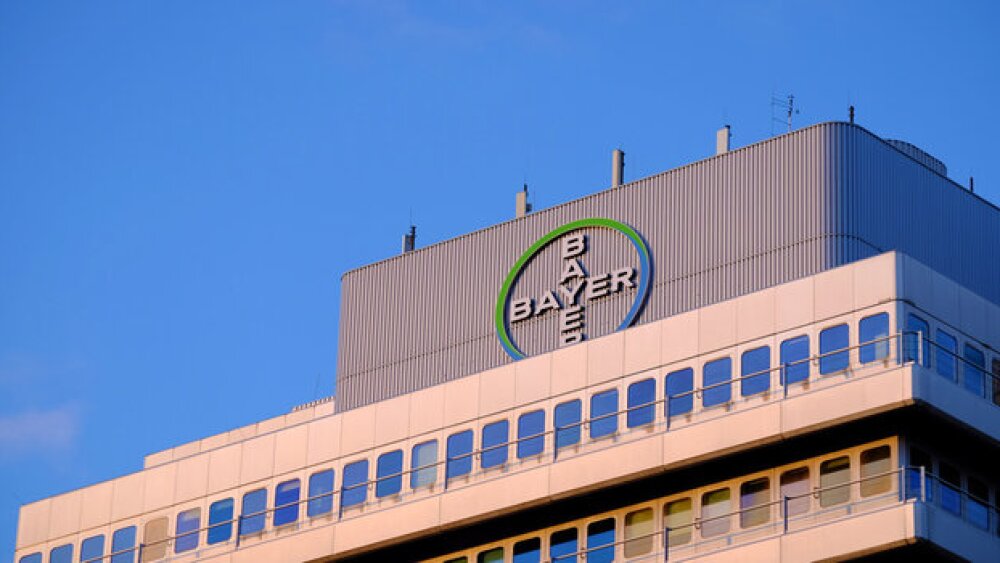Bayer bagged another late-stage victory for its menopause drug candidate Tuesday, setting up a potential showdown with Astellas’ Veozah which was approved last year by the FDA for the treatment of hot flashes.
Pictured: Bayer’s office in Berlin, Germany/iStock, Elenasfotos
Bayer reported another Phase III win for its menopause drug candidate Tuesday, linking the molecule to improved outcomes in a long-term study and setting the stage for approval filings.
The clinical trial evaluated the safety and efficacy of elinzanetant, a dual neurokinin-1,3 (NK-1,3) receptor antagonist, in the treatment of hot flashes associated with menopause over 52 weeks. Bayer reported a pair of 12-week Phase III studies met their coprimary endpoints in January 2024, but still needed a hit on the third trial to show the long-term effects of the molecule.
Bayer’s topline readout revealed that the trial met its primary endpoint, which tracked the mean change in the frequency of moderate to severe hot flashes after 12 weeks of oral daily dosing with elinzanetant or placebo. The company also said the safety profile seen across 52 weeks of dosing was consistent with the results of previously published studies including its Phase 2b dose-finding trial.
The company plans to include data from all three clinical trials in applications for approval. If Bayer wins approval, it will face competition from Astellas’ rival NK3 receptor antagonist Veozah (fezolinetant). The FDA approved Veozah for the treatment of vasomotor symptoms, the medical term for hot flashes, due to menopause in May 2023.
Bayer is keeping back data from all three trials to present at upcoming scientific congresses, making it impossible to assess how elinzanetant compares to Veozah. Astellas reported 3.6 billion yen ($24 million) of Veozah sales over the first nine months of its financial year and has run ads during the Super Bowl and the Oscars to promote the product.
Elinzanetant may have an advantage over Veozah because it targets NK1 and NK3, rather than just the latter receptor. Some studies have suggested NK1 antagonists may improve sleep. Bayer’s long-term trial looked at changes in sleep disturbances, which are frequently associated with hot flashes, but the company has yet to release the data.
The details of the readout will shape the prospects of an important molecule for Bayer. The company has 10 programs in Phase III development but CEO Bill Anderson has warned the “late-stage pipeline is thin relative to the patent losses we have in the next years,” telling the Financial Times that the problems stem from historical under-investment.
Having stopped a Phase III trial of the investigational factor XIa inhibitor asundexian in November 2023, Bayer is looking to elinzanetant and late-phase prostate cancer and chronic kidney disease prospects to drive growth and offset the upcoming loss of patent protection for Xarelto (rivaroxaban).
Nick Paul Taylor is a freelance pharmaceutical and biotech writer based in London. He can be reached on LinkedIn.






